Dhaka, Dec 19, (V7N) - In a significant development on Thursday, December 19, the Dhaka Metropolitan Sessions Court, under Acting Judge Ibrahim Mia, issued an order to freeze 125 bank accounts belonging to Mohammad Saiful Alam, the chairman of the S Alam Group, and his family members. The court's decision came in response to a request made by the Anti-Corruption Commission (ACC), which is investigating allegations of large-scale money laundering.
Background of the Investigation
The ACC, in its application to the court, highlighted an ongoing investigation into allegations of illicit financial activities involving Mohammad Saiful Alam and his family. The commission claims that they have been involved in transferring substantial amounts of money, reportedly around 1 billion dollars, to foreign countries. These transfers allegedly took place in places such as Singapore, the British Virgin Islands, Cyprus, and other international destinations. The authorities are investigating the origins of these funds, which are suspected to be linked to money laundering activities.
Accounts and Amounts Frozen
The specific bank accounts frozen by the court are held in the First Security Islami Bank PLC, where 125 accounts were identified, including those belonging to Mohammad Saiful Alam and members of his family. The total amount deposited in these accounts was reported to be 22 crore 65 lakh 49 thousand 191 Taka (approximately 226.5 million Bangladeshi Taka). The ACC raised concerns over the large sums of money, describing the deposits as highly unusual and suspicious, especially considering the absence of clear explanations for their origins.
Legal Grounds for the Freezing Order
The legal basis for freezing the accounts is rooted in the Money Laundering Prevention Act, 2012, specifically Section 14. Under this provision, the authorities have the power to take such actions when there is a reasonable suspicion that the funds involved may be proceeds of crime, including money laundering. The application to the court emphasized that these funds are believed to have been deposited with the intention of concealing illicitly obtained wealth, and the frozen accounts are critical to preventing any further attempt to launder or transfer the money abroad.
Allegations of Illicit Earnings and Concealment
The ACC's application suggests that Mohammad Saiful Alam and his family may have used the bank accounts to conceal illicit earnings, raising concerns over the possibility of money being withdrawn and moved abroad illegally. The freezing of the accounts is considered a preventive measure to stop any potential illegal transactions, such as the transfer of funds to offshore entities or the withdrawal of large sums for concealment.
The ACC has been under growing pressure to tackle corruption and financial crimes, particularly in cases involving high-profile business figures like Mohammad Saiful Alam. The S Alam Group, a conglomerate with a significant presence in Bangladesh's business sector, has faced scrutiny over its financial dealings and the source of its wealth in the past. The freezing of these accounts marks a crucial step in the investigation, as authorities try to unravel the extent of alleged financial irregularities.
Concerns Over Growing Money Laundering Issues
This case is part of broader efforts by the ACC to combat corruption and money laundering in Bangladesh. Authorities have raised alarms about the increasing use of offshore banking systems and foreign jurisdictions to hide the proceeds of illegal activities. With allegations of money laundering reaching significant figures, the government is under pressure to take strong action to address these issues and prevent the illicit transfer of funds.
Implications for Mohammad Saiful Alam and S Alam Group
The freezing of the accounts is a serious blow to Mohammad Saiful Alam and his family members, as it raises suspicions about their business practices and financial activities. Should the investigations prove that the funds are indeed linked to money laundering or illegal transactions, it could have far-reaching legal and financial consequences for the S Alam Group, which may face regulatory and legal challenges. Additionally, any criminal charges stemming from the money laundering investigation could tarnish the reputation of both Mohammad Saiful Alam and his business empire.
The move has also drawn attention to the broader issue of money laundering in Bangladesh, as the government steps up efforts to curb corruption in both the public and private sectors. Authorities have promised further investigations into other potential cases of money laundering and illegal wealth accumulation by high-ranking business and political figures.
Next Steps and Future Developments
The court’s decision to freeze the accounts is just the beginning of a more detailed investigation that is expected to continue in the coming months. The ACC plans to further scrutinize the sources of the funds, trace any potential financial crimes, and take appropriate legal actions. There is also the possibility that further accounts or assets linked to Mohammad Saiful Alam and his family could be investigated as part of the broader probe.
The authorities have also warned that this investigation may lead to more arrests or charges against individuals who may be found complicit in facilitating the transfer or concealment of illicit funds. As the case unfolds, it could lead to significant changes in how financial crimes are prosecuted in Bangladesh, with a focus on holding influential figures accountable for their financial dealings.
END/KMD/SMA/AJ/




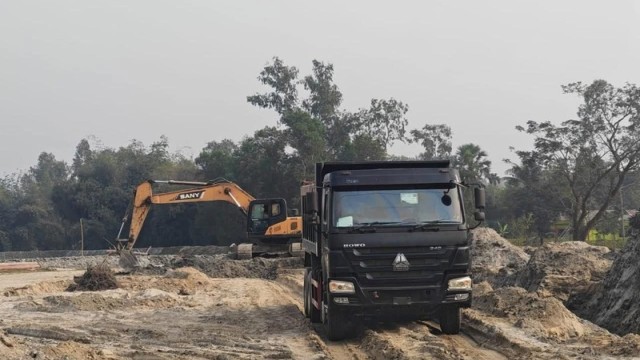
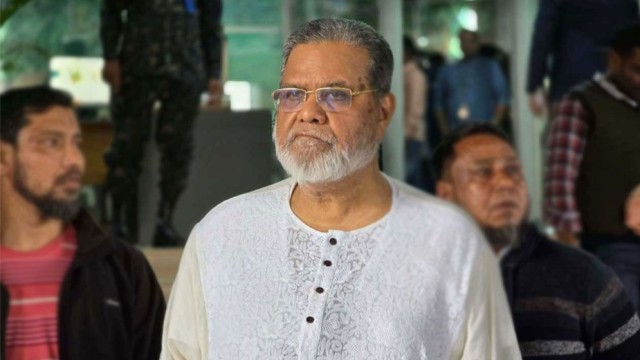
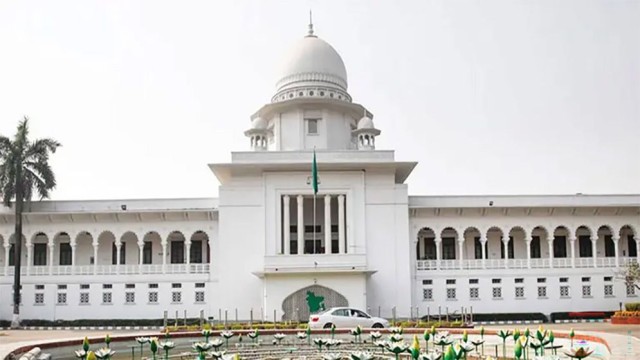
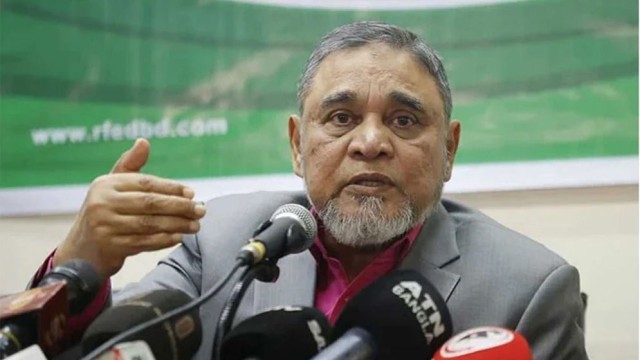
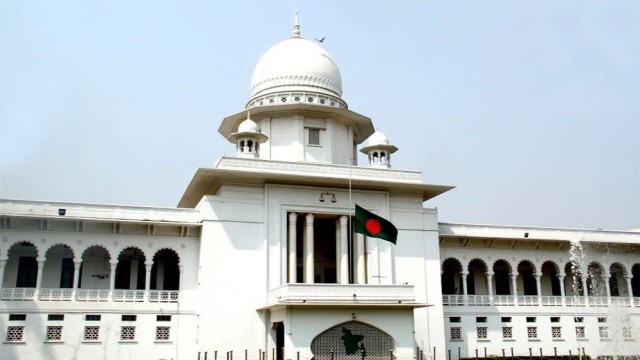






















Comment: